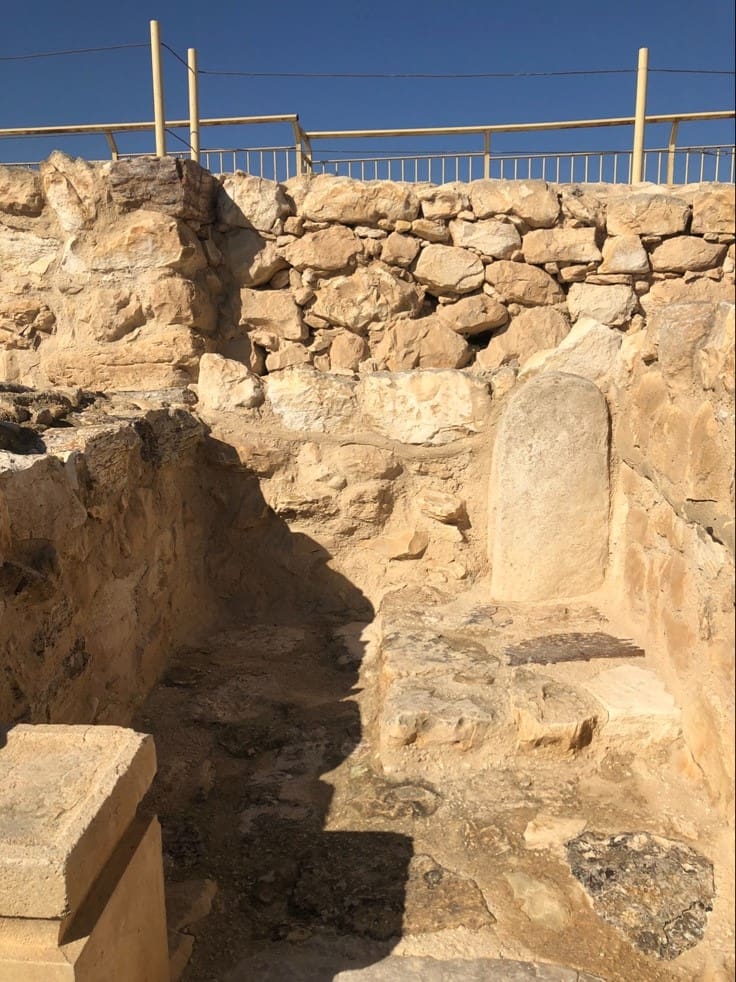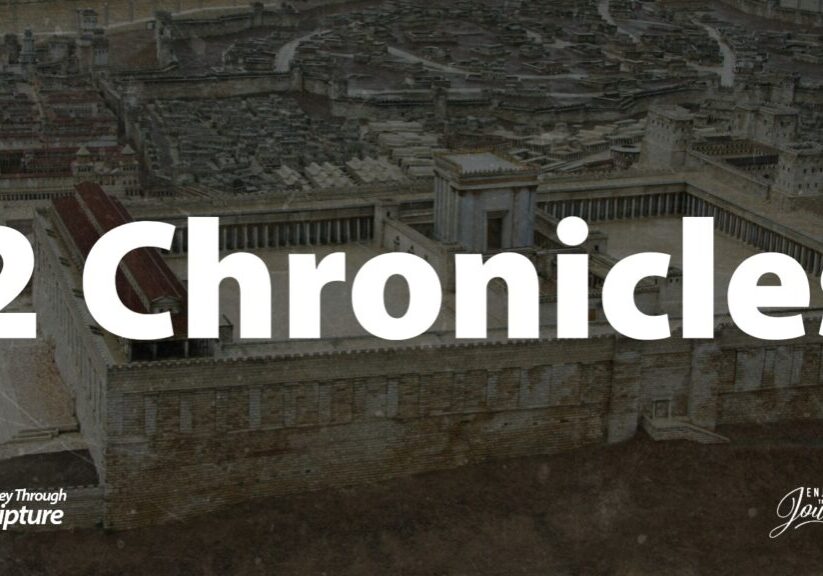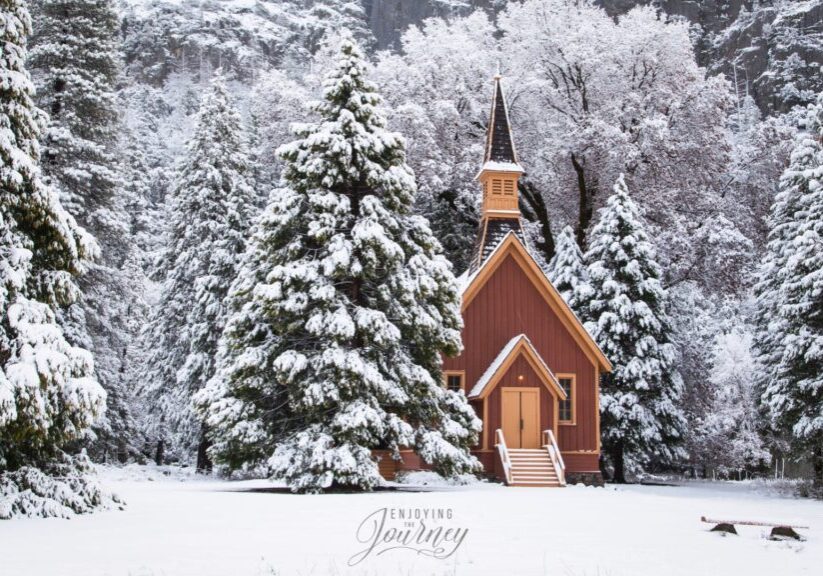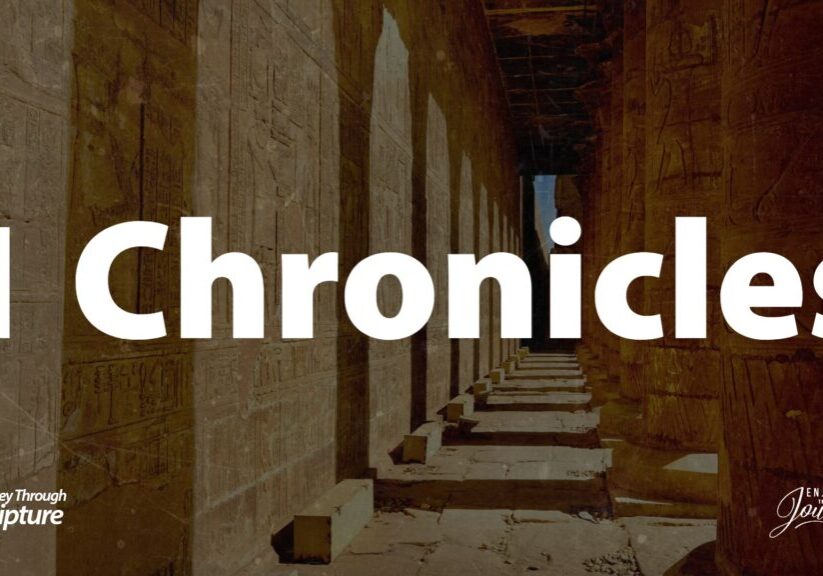
“And when king Arad the Canaanite, which dwelt in the south, heard tell that Israel came by the way of the spies; then he fought against Israel, and took some of them prisoners. And Israel vowed a vow unto the Lord, and said, If thou wilt indeed deliver this people into my hand, then I will utterly destroy their cities” (Numbers 21:1, 2).
The story of the people of Israel is intertwined with the story of the Canaanites who inhabited the land. God instructed the Israelites to do away with every vestige of idolatrous worship. Sadly, much of the history of Israel relates their rebellion, and adoption of Canaanite religious customs. The city of Arad in the Negev, the southern desert of Israel, shows us this. However, it also teaches us about hope, obedience to God, and revival among His people.
Arad was a garrison city during the Bronze and Iron Ages, protecting the Israelite kingdoms from attack from the south. It guarded the cross-Negev trade routes in spices and iron. Perhaps due to their isolation and distance from Jerusalem, the residents of Arad built for themselves a small-scale replica of the Temple in Jerusalem. It is complete with an altar for sacrifices, and a holy of holies. However, unlike the Temple in Jerusalem, the construction in Arad was dedicated to both Jehovah and most likely the goddess Asherah. The inhabitants of Arad seem to have combined the God of the Bible with local beliefs. For example, the belief that God had a wife who was divine as well.
Despite the fact that the people of Israel disobeyed God and built a forbidden temple, Arad does give us cause for hope. The temple was systematically dismantled and buried, thus it was removed from Israelite use, and preserved to the delight of future archeologists.
Josiah is the king credited with ordering the removal of the temple at Arad. Even though his father and grandfather were wicked kings, he did that which was right in the eyes of the LORD. (II Kings 22:2) During his reign, the Book of the Law was found in the Temple in Jerusalem. (II Kings 22:8) When King Josiah heard the words of the law as they were read before him, he tore his clothes in grief. Then he and all the people went to the Temple in Jerusalem to make a covenant to follow after the true God.
Then, in II Kings 23, he began in Jerusalem and cleansed the entire country of idolatry. In an act reminiscent of an ancient Israelite with an oil lamp searching the corners of his house, and under the furniture, for the least crumb of leaven before the Passover, Josiah diligently sought out all traces of pagan worship in the land and destroyed them. Then, once the whole land was cleansed of leaven, he and the people held the greatest Passover celebration ever recorded.
“And like unto him was there no king before him, that turned to the Lord with all his heart, and with all his soul, and with all his might, according to all the law of Moses; neither after him arose there any like him.” II Kings 23:25
Have you committed the error of Arad and mixed the Bible with paganism? God called Asherah an abomination, yet the people of Arad felt comfortable worshipping her alongside Him. What abomination have you brought into your worship of the true God? Arad teaches us hope, despite the paganism on display. It tells us of a king who was godly, despite the evil influence of his family, and surrounding culture. Josiah did not hear the law of God until he was already king, yet before that he set his heart to follow God. Are you blaming your family, or your circumstances for your lack of faithfulness? If so, I urge you to be like Josiah. Listen to the Word of God, go to God’s house, and make a covenant to eradicate every crumb of idolatry from your life.

The holy of holies of the temple in Arad. This area was dedicated to both Jehovah and his wife Asherah. The standing stones and incense altar are replicas. The originals are in the Israel Museum in Jerusalem. Arad is unique in that the incense altars were buried with incense still on them. That incense has been analyzed and shown to contain high amounts of cannabis. Along with a few other sites, Arad points toward the use of drugs in Canaanite, and later Israelite idol worship.
Photo by John Buckner
Discover more from Enjoying the Journey
Subscribe to get the latest posts sent to your email.






